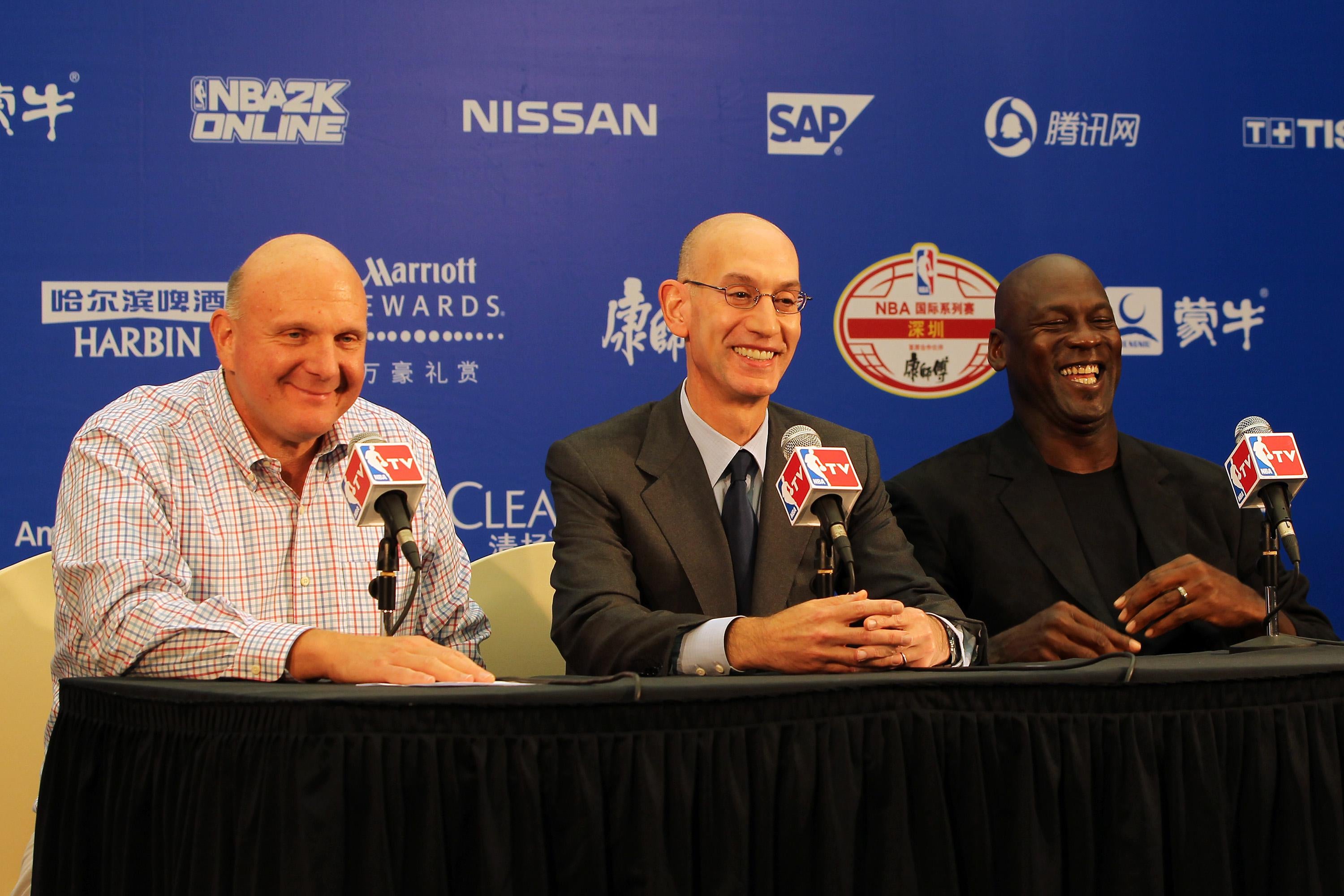It is important, in understanding conflicts with the People’s Republic of China, to have a fully nuanced grasp of the history and context involved. For instance, it is important to understand the history and context of the demand for history and context, as offered by Brooklyn Nets owner Joe Tsai, after Houston Rockets general manager Daryl Morey got himself and the league in trouble by tweeting a brief message of support for the protest movement in Hong Kong.
Tsai brought up the opium wars, the humiliation of the Qing dynasty, and the Rape of Nanjing, among other things, to explain why the “territorial integrity of China and the country’s sovereignty over her homeland” are “non-negotiable.” This is the standard script when the People’s Republic of China wants to weaponize nationalism—every provocation must be considered in the light of all historic provocations.
The script is nonsense. Morey’s tweet, taking the side of Hong Kong protesters against the police, had nothing at all to do with Japanese troops inflicting horror and slaughter on hundreds of thousands of people in Nanjing. The idea that it did was cynicism posing as sophistication—which is to say, the defining attitude in relations between 21st-century China and the institutions that hope to make money there.
But the institutions are the ones being naïve. The message of a spiel like Tsai’s is that foreign institutions can coexist with the Chinese government on mutual terms of respect, as long as those institutions honor the boundaries around China’s nonnegotiable sensitivities. The truth, though, is that those boundaries are constantly moving. Ever since the 2008 Beijing Olympics, which were supposed to celebrate China’s full integration into the international order, the government has been aggressively tightening the limits, confident that the terms of engagement mean foreign entities will have to go along—whether it’s a matter of putting Communist Party officials onto university boards, or stifling news coverage of leadership’s self-enrichment, or censoring a movie, or removing apps from the Chinese market.
What are you going to do, after all, turn your back on 1.4 billion people? Or 1.399 billion, if you don’t count the 1 million Uighurs reportedly held in prison camps where their culture is trained out of them by force (in a territory where the NBA established a training camp)?
Yes. That is what to do. Especially for the NBA, whose relationship with China is chiefly monetary. NBA China is reportedly worth $4 billion. That’s a lot of money to walk away from over one tweet. And that’s exactly why the NBA should walk away now.
China has already played its hand. If Hong Kong is nonnegotiable, there’s nothing to discuss. The subject will become more sensitive, not less, if the Hong Kong police move from tear gas and rubber bullets to the routine use of live ammunition, or if the People’s Liberation Army moves in. Would the NBA muzzle its employees then? Would the players and staff of a globally prominent American company censor their own feelings to protect the Chinese market? Why not take the stand before it gets to that?
Today, China is trying to punish the NBA and the Rockets further, despite their show of groveling. Rockets games will be pulled from broadcast television and online streaming; an exhibition game featuring the Rio Grande Valley Vipers, the Rockets’ minor league affiliate, has been canceled.
Why is China the only entity that can respond to provocation? What about the sovereignty and integrity of the National Basketball Association? The Lakers and the Nets are on their way to China right now for a pair of exhibition games. If the regime refuses the Rio Grande Valley Vipers, why should it get the Lakers? If China won’t broadcast Rockets games, why should it get to see LeBron James in person?
China may have 1.4 billion people and $4 billion worth of a basketball market, but only the NBA has NBA basketball. That is nonnegotiable in its own way, if the league is willing to stand up for itself.
